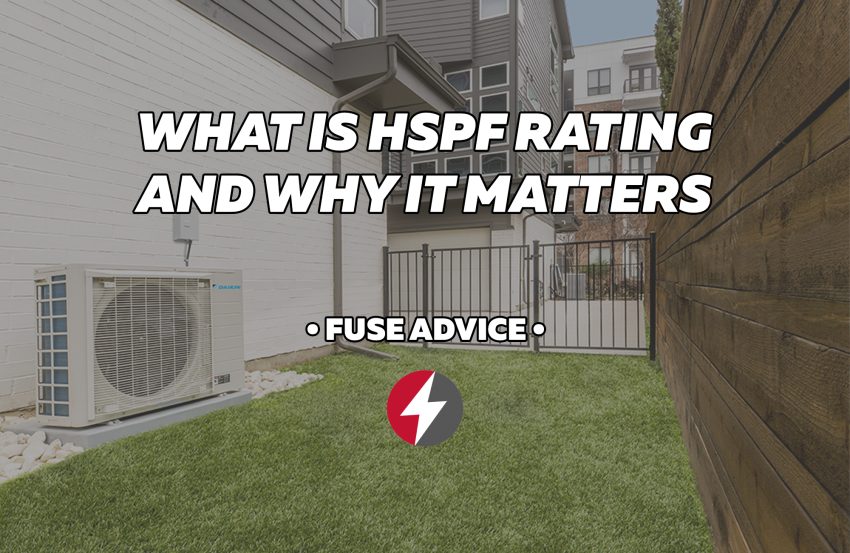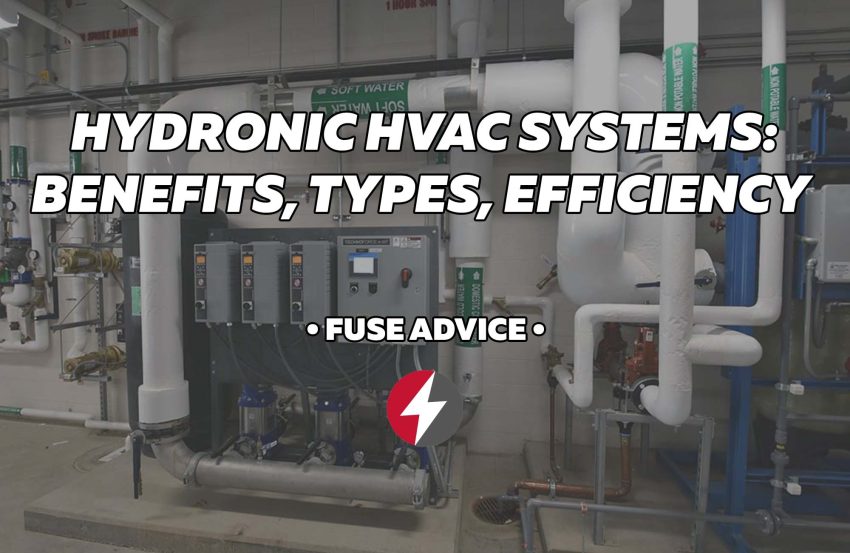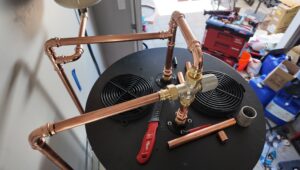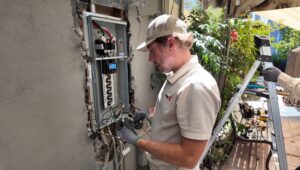Heat pump efficiency is one of the factors that can matter for a homeowner or business. One of the most important metrics to know would be the HSPF rating. Precisely what is HSPF rating, and why should you care? That is what we are going to dive into in this article: what that definition means, how it relates to a heat pump working, and why you need to concern yourself when making a purchase. Read on to get armed to select a heat pump for either residential or commercial use.
What is HSPF Rating?
First of all, let’s define HSPF rating meaning. HSPF stands for Heating Seasonal Performance Factor. A measure of the efficiency of a heat pump in heating mode over an entire heating season; it is the total heating output of a heat pump in BTUs divided by the total electricity consumed in watt-hours during the same period. The higher the HSPF rating, the more efficient the heat pump is. In other words, it tells you how much heat you get for the electricity you use and, therefore, is a critical factor in choosing one heat pump over the other.
The importance of the heat pump HSPF rating lies in the ability to compare one model against the other, acting as a yardstick on which consumers to base their choices. With the rise in energy costs and growing concerns about environmental sustainability, consumers can make choices that save them money and reduce their carbon footprints.
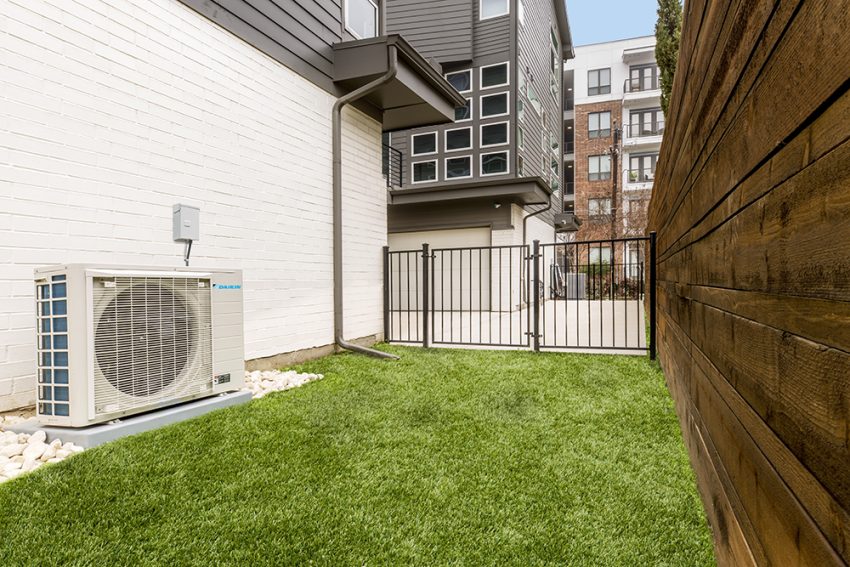
What’s a Good HSPF Rating?
What is a good HSPF rating for a heat pump will depend on many factors, from climate to the price of energy. Generally, an heat pump HSPF rating of 8 or higher would be considered a good HSPF. Modern heat pumps may have HSPF ratings of up to 13. The unit that has 9 or 10 is excellent and guarantees that your equipment will run efficiently and help you save on energy bills.
The specific heating needs vary from location to location, and so, it’s pretty important to keep that in mind when considering a good HSPF rating for a heat pump. For instance, a rating as low as 8 or 9 in more temperate regions could still be enough, but a rating of 10 or higher in a colder climate is a better choice for efficiency and comfort.
The best course of action is to search for a professional advice in California on installing HVAC systems for a proven provider—us! FUSE can guide you on the HSPF rating that will work best for you and perform the HVAC installation San Jose flawlessly.
Choosing the Right HSPF Rating for a Heat Pump
When choosing your own perfect heat pump, pick a HVAC HSPF rating that is most relevant to you. Below are some of the considerations you shouldn’t forget:
- Climate: As already mentioned, higher HSPF rating can be more valuable in a colder climate because it ensures the efficiency of your heat pump throughout the entire heating season.
- Usage: The higher the HSPF rating of a unit, the greater the potential savings on energy bills for homes or businesses.
- Budget: While heat pumps with higher HSPF ratings can be more expensive upfront, they often result in lower operational costs over time. That’s a good return on investment.
In this regard, you should choose heat pump balancing efficiency with cost about these variables. HVAC experts can also help consult you in making an informed choice and ensuring proper installation.
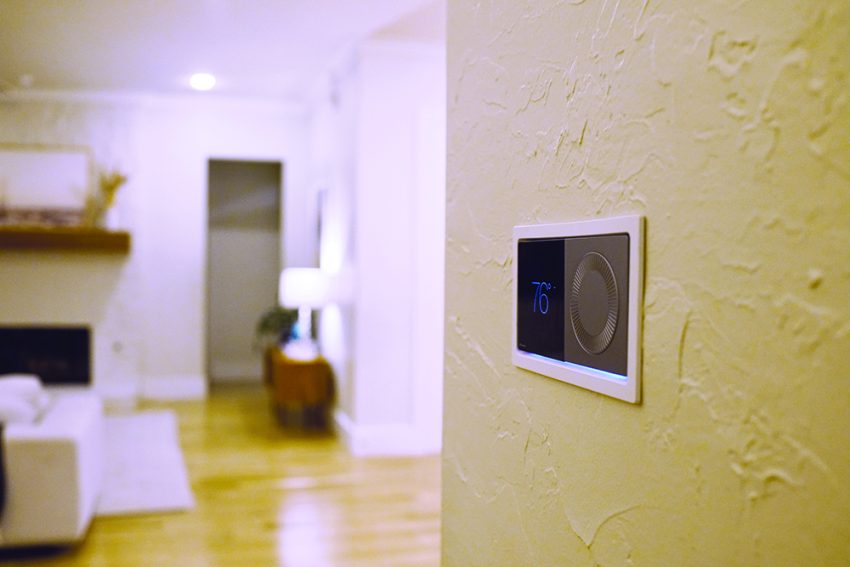
HSPF Rating Meaning and Importance
The true heat pump HSPF rating meaning is much more than just a number. It denotes the overall efficiency and environmental effect of the heat pump. Higher HSPF ratings equal more energy efficiency, resulting in less emission of greenhouse gases. This will not only reduce your carbon footprint but also help in global efforts toward sustainable use of energy. Moreover, understanding the implications of the HSPF rating allows consumers to make more informed decisions and ensures that they opt for systems that provide economic and environmental advantages.
Higher HSPF ratings also contribute to the overall sustainability of a heating system. These systems use less electricity, lowering the demand for power plants, most of which are fossil-based. This will ultimately reduce utility bills and make the heating of homes and businesses more sustainable and eco-friendly.
Cost and Savings Analysis
Investing in a heat pump with a high HSPF is a big, long-term money saver. Let’s run a mini-analysis:
- First Cost: Heat pumps with higher HSPF ratings can be more expensive. However, the cost will probably be offset by reduced energy bills in the future.
- Energy Savings: A high-efficiency HSPF-rated heat pump will consume less energy to produce the same heating capability as a lower-rated unit, which in turn provides this kind of efficiency that monthly bills get reduced.
- Reduced Maintenance Costs: Since efficient heat pumps are, in most cases likely to have much less maintenance, the amount of saving throughout the life span tends to be high.
When initial costs and long-term savings are considered, a higher HSPF rating may be one of the best financial decisions. In fact, sometimes energy savings over the life of the heat pump alone justify the higher initial cost. Besides, many places provide rebates and incentives for having the latest high-efficiency heat pumps, thereby lowering the overall cost.
Additional Considerations
As much as the HSPF rating is very important, the following other factors are also to be kept into consideration:
- Installation Quality: Another factor contributing to the inefficiency of the heat pump is installation. Ensure you engage the services of experienced personnel in carrying out this job. Inadequate installation will result in low efficiency and, thus, high energy costs.
- Scheduled Maintenance: In either case, regardless of the HSPF rating, your heat pump needs to be regularly cleaned and adjusted to maintain efficiency. This would involve cleaning or replacing the filters, checking the refrigerant levels, and keeping the entire system in smooth working order.
- System Compatibility: Ensure that the heat pump you plan to buy is compatible with your present HVAC system so that you are not faced with further costs. An incompatibility will lead to inefficient operation and, therefore, increased consumption of energy.
With this level of understanding what is HSPF rating and how those numbers reflect efficiency and cost savings, the degree to which it becomes empowering in making good decisions increases. With a HSPF rating explained, you can choose a heat pump that will provide reliable heating performance while cutting down on energy costs and, therefore, lessening your environmental impact.
It’s time to upgrade that heating system! Contact FUSE today to learn more about the right heat pump for you and get heat pump replacement San Jose—we are always there for you via (408) 898-1576 or support@fuseservice.com.
